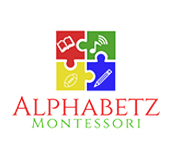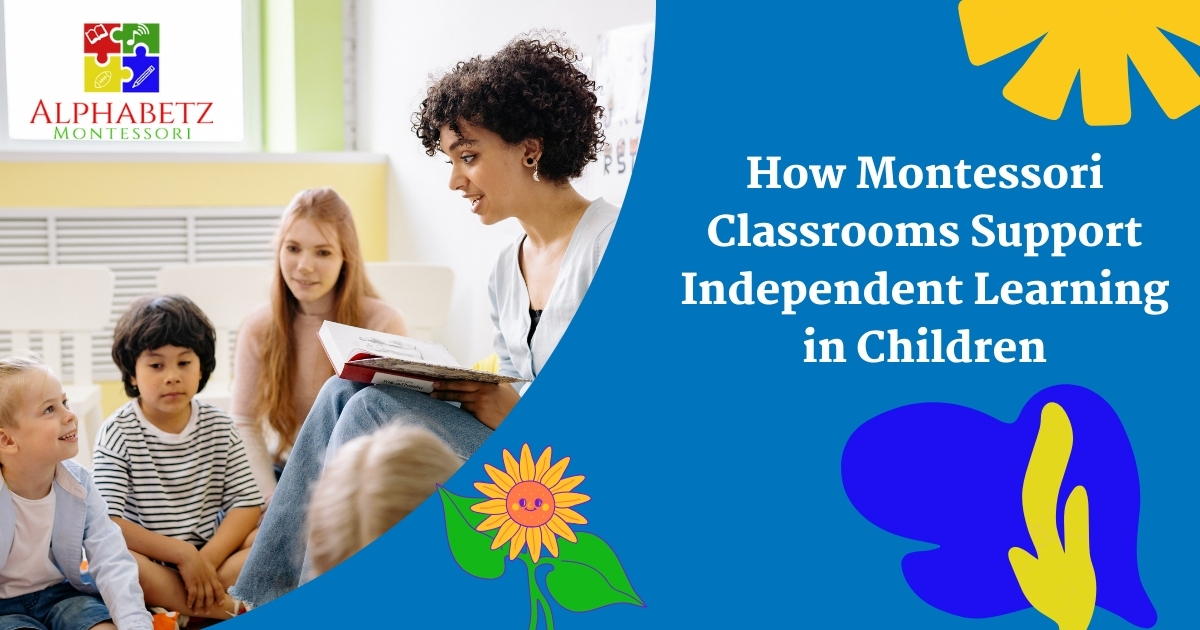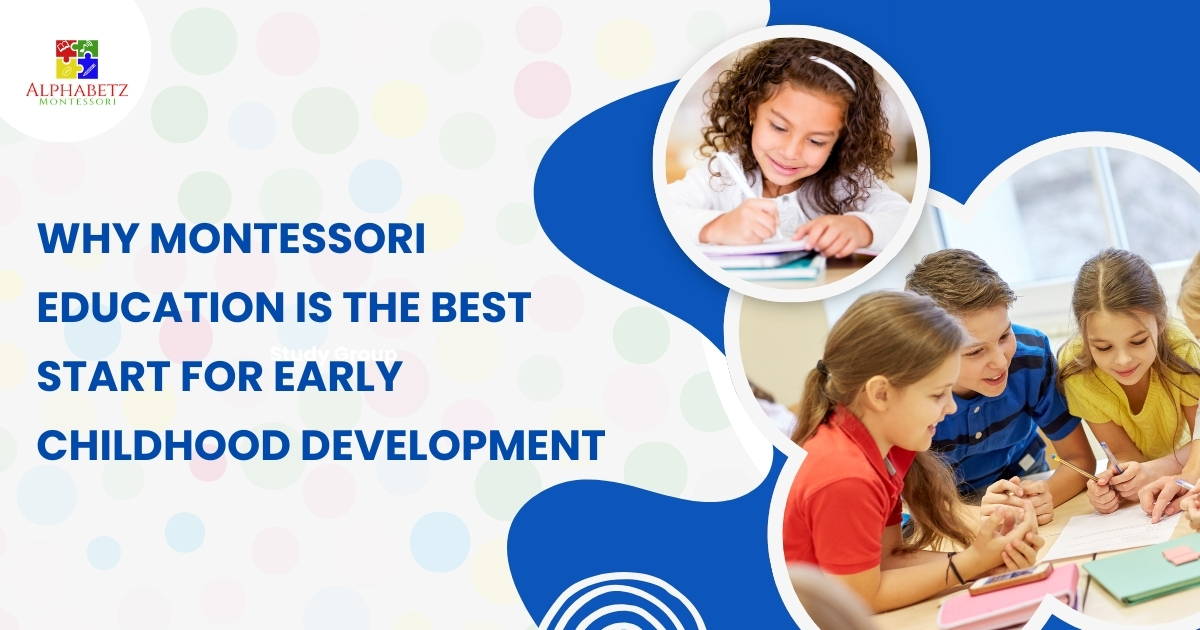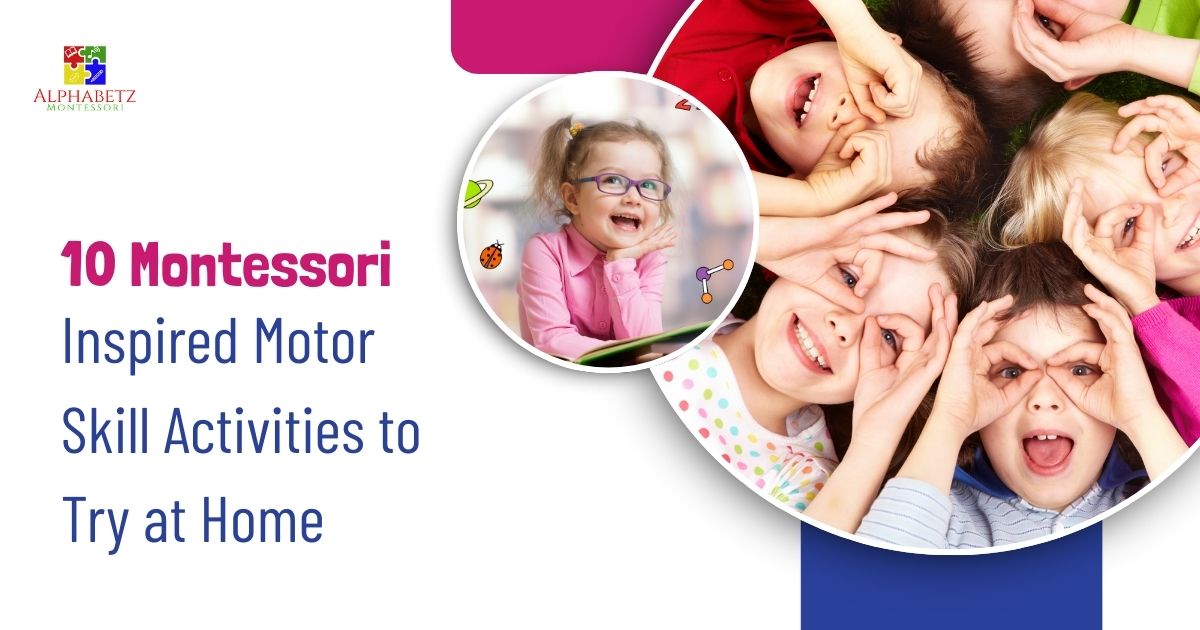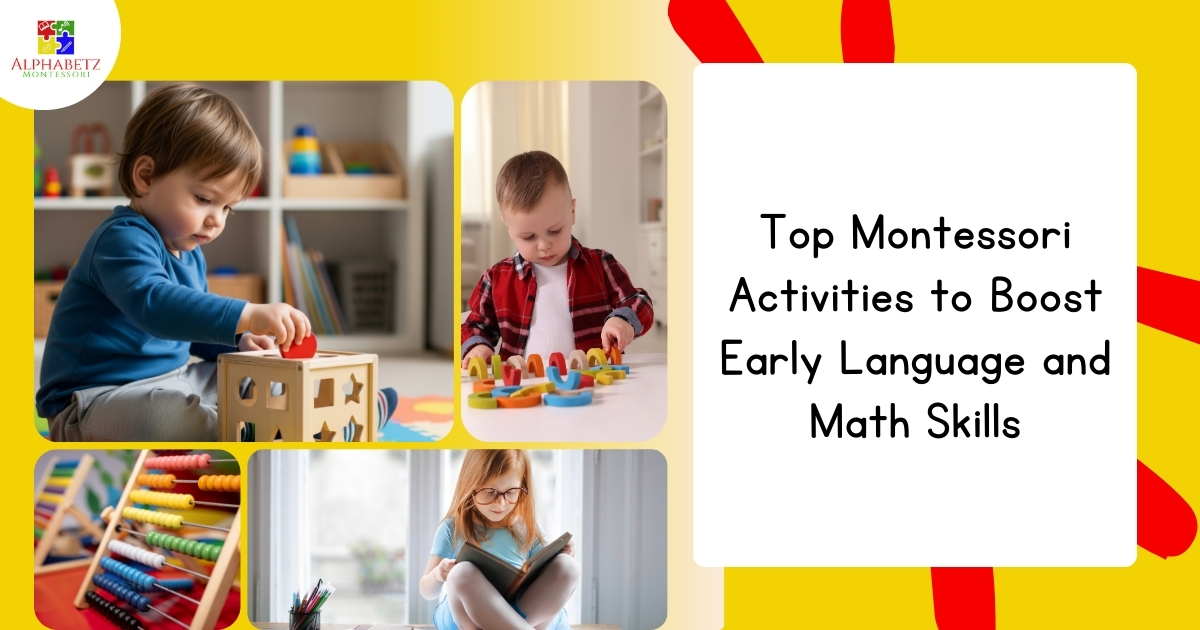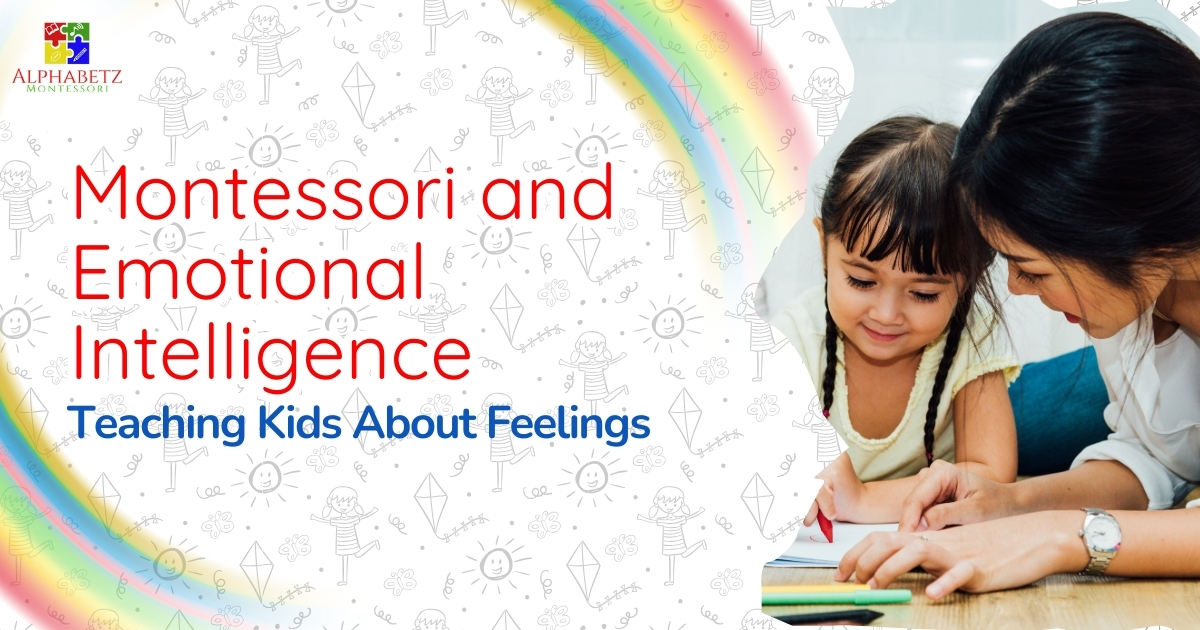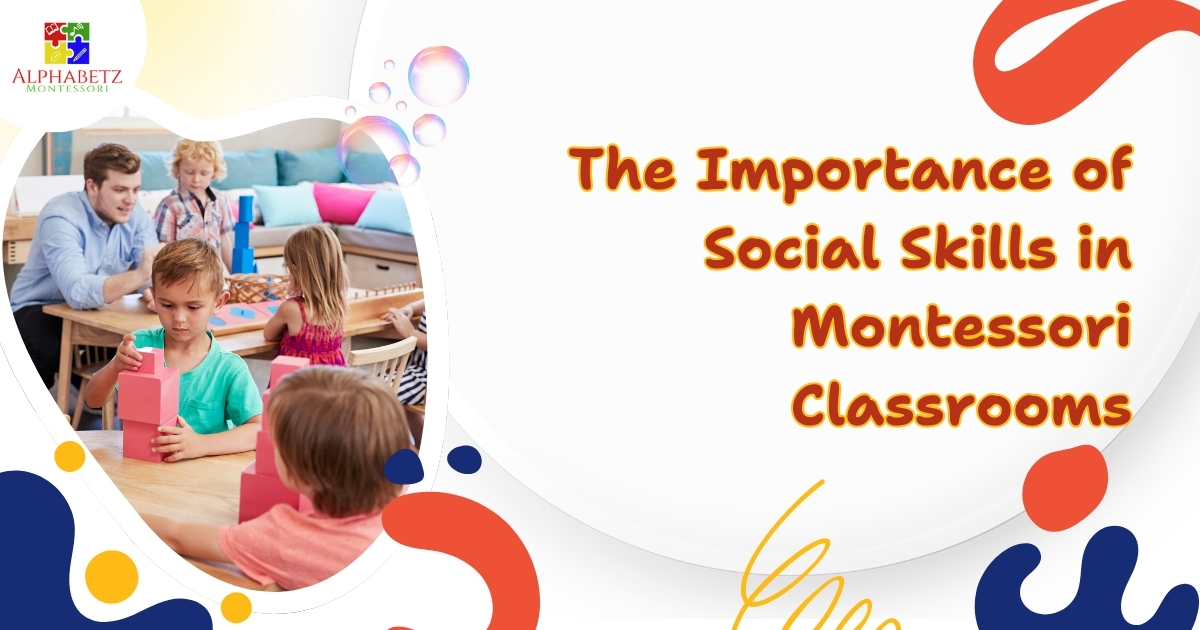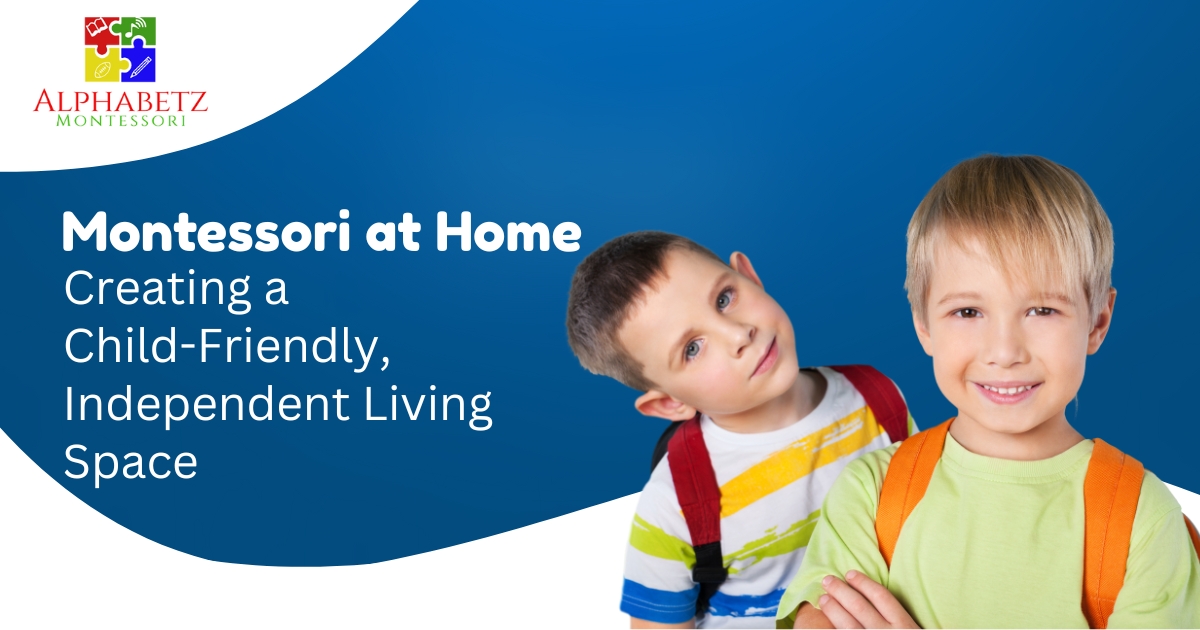How Montessori Classrooms Support Independent Learning in Children
Independent learning is one of the most valuable skills a child can develop during the early years. It builds confidence, critical thinking, self-discipline, and a lifelong love of learning. Montessori education is uniquely designed to nurture independence by respecting each child’s natural curiosity and ability to learn at their own pace. In a Montessori classroom, independence is not forced it is carefully guided and encouraged every day. A Child-Centered Learning Environment Unlike traditional classrooms where…
